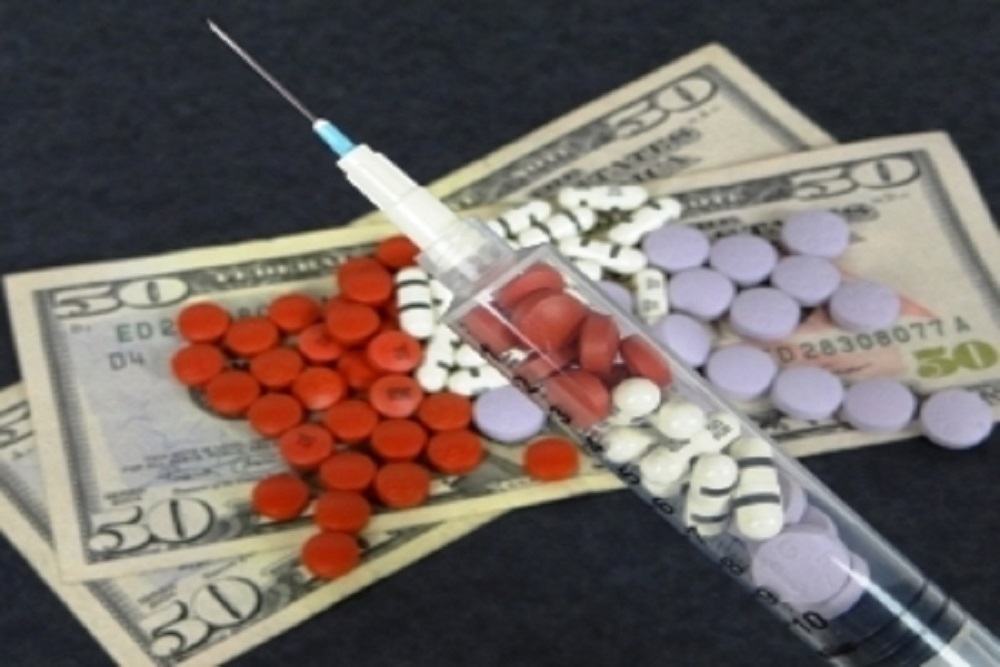The experience of Mylan, the pharmaceutical company under fire for hiking the price of a life-saving allergy medicine, reinforces the importance of competition in the marketplace, one of the country’s largest pharmacy benefit managers said.
“What we’re seeing from Mylan is indicative of other pharma companies that have a momentary monopoly; they price as high as they can for as long as they can,” Jennifer Duddy, a spokeswoman for pharmacy benefit manager (PBM) Express Scripts, told Patient Daily.
Mylan has been severely criticized for raising the price of its two-pack EpiPen from approximately $100 to over $600 since 2007, when the company bought the medicine's patent.
PBMs, the middlemen between drug companies and insurers, have attacked the company for trying to deflect blame for much of the increase on others.
Mylan CEO Heather Bresch defended the cost of EpiPens by alleging middlemen in the drug's supply chain take 55 percent of the list price, Health Affairs magazine said.
Of the drug's $608 list price, Bresch alleges Mylan only receives $274 per two-pack sold, or 45 percent and said the remaining $334, or 55 percent, goes to PBMs, insurers, wholesalers and pharmacy retailers.
Bresch said industry middlemen raise the prices that patients must pay for pharmaceuticals through insurance premiums or at the pharmacy counter, and she also blames the drug industry's current distribution system and said, "Congress and other leaders of this country need to quit putting their toe in this topic and really fix this system."
Duddy said that when drug prices go up, “we work to bring costs in line for our clients and patients.”
“Over the past 18 months, while Mylan’s price for EpiPen increased 51 percent, our patients’ copays on EpiPen have remained stable – averaging $73.03 in January 2015 and $73.50 in July 2016, and the vast majority of rebates for this and other drugs we manage go directly back to clients,” Duddy said.
She also said the experience “reinforces the importance of competition in the marketplace and our ability to drive it to benefit clients and patients.”
“It also reinforces the value of what we do in helping clients manage the entire pharmacy benefit, so that they can better manage unexpected price increases," Duddy said. "By tightly managing the benefit with our solutions, clients have the head room to absorb market events such as this.”
Pharmaceutical Care Management Association (PCMA) President and CEO Mark Merritt said in a statement that it was not credible to say that Mylan’s price hikes are the fault of those paying the bills.
Merritt said Mylan blamed “employers, unions and government programs that work hard to provide affordable prescription-drug coverage.”
“Mylan is simply the latest drugmaker trying to re-frame a pricing problem into a coverage problem,” Merritt said.
“It was a mistake for Mylan to adopt the failed PR strategy used unsuccessfully by Valeant and Turing," Merritt said. "Blaming payers for these massive price hikes is a red herring and doesn't pass the laugh test with policymakers.”









 Alerts Sign-up
Alerts Sign-up